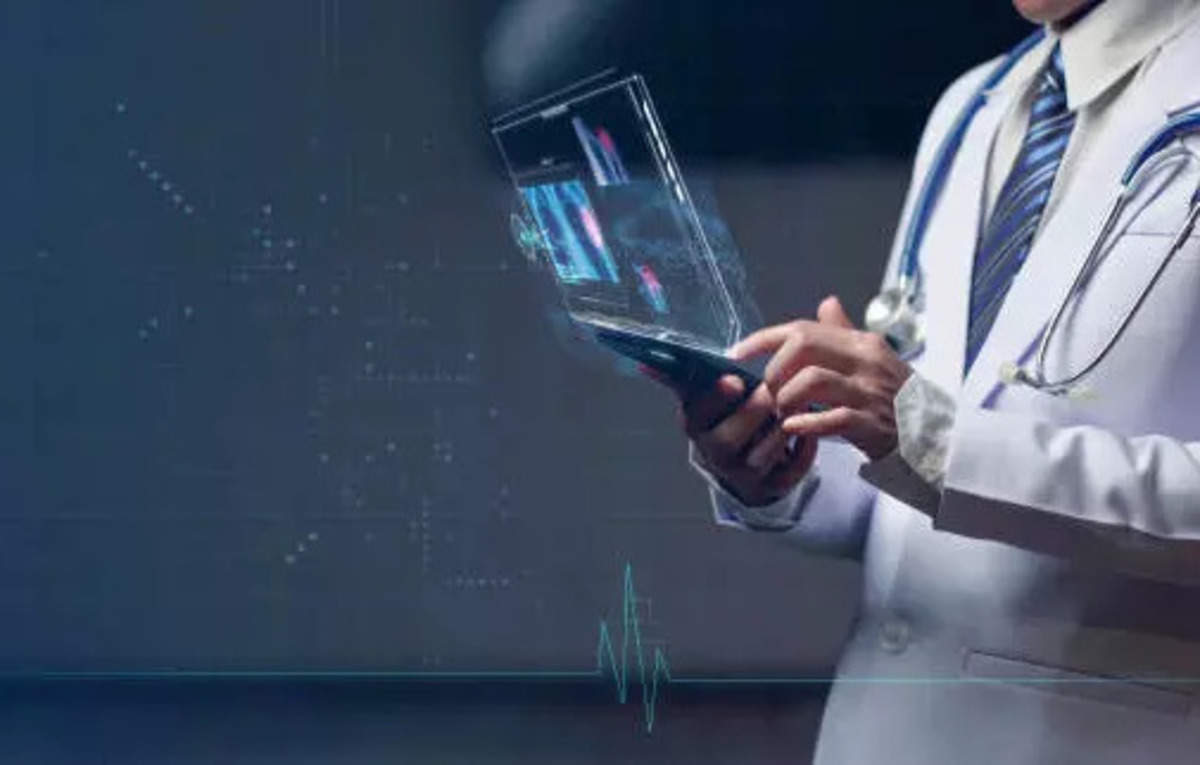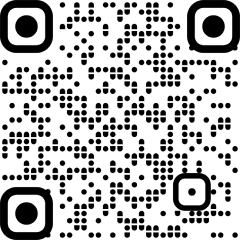By Atul Rai
The revolutionary impact of Artificial Intelligence (AI) has significantly altered the landscape of every sector, disrupting age-old practices. The exponential reduction in human labour, combined with extraordinary improvements in accuracy, has ushered in a new paradigm in organisational processes.
AI is on the brink of revolutionising healthcare, offering the potential to enhance patient care and streamline operations. The increased growth of the healthcare sector, along with the challenges faced during the global pandemic, have prompted healthcare professionals to look for new ways to harness technology’s potential to improve healthcare services. Among this wave of technological innovations, AI-powered video analytics systems have emerged as vital tools, capable of addressing a wide range of issues while providing an array of solutions.
The safety aspect is sacrosanct in healthcare institutions. From confidential patient data to critical care precautions, AI-enabled cameras have emerged as an ally in reducing the risk of negligence and subsequent complications. Automated AI detection and alert systems have been made possible by transforming dumb CCTV camera units into intelligent devices which can prove to become an asset for healthcare institutions to inherently enhance area safety by swiftly identifying threats, assessing damage, and prompting preventive action. This versatility extends to diverse applications within healthcare settings. In terms of patient care, AI provides a critical edge to the delivery of high-quality services. In providing good quality healthcare services, AI-enabled detection via CCTV camera can ensure social distancing (in case of virus detection), mask compliance, and adherence to Personal Protective Equipment Protocols (PPEs). Through advanced monitoring and analysis, an AI-enabled camera facilitates real-time detection of deviations from these safety standards. It is also capable of detecting unauthorised access attempts, intrusions, and fire hazards.Holding doctors accountable for not attending to their Out-Patient Department (OPD) patients in rural areas is not ideal. Additionally, it is challenging to determine the time they spend versus the time they are assigned for OPDs. The standard CCTV streams currently installed in these hospitals pass through AI software, which can detect such incidents and alert the administrations. This will significantly enhance transparency and accountability in rural areas.
The margin for oversight is nearly non-existent when it comes to critical care, where split-second judgments can determine life-or-death consequences. Human errors and even minor delays can have dire consequences for patients in critical care situations. AI-powered cameras can potentially offer a systematic and alert solution for monitoring patients with critical conditions. AI-enabled CCTVs can keep a close watch on patient behaviour and movements. Abrupt movements, seizures, cardiac arrests, or strokes can be immediately flagged, and nearby healthcare authorities can be alerted through a centralised system. In emergencies like falls or injuries, AI cameras can identify distress signals, such as hand waving or calls for help, ensuring rapid detection and response. This rapid alert system ensures that medical experts can respond promptly, ensuring life-saving interventions.
AI has emerged as a powerful tool for streamlining operational tasks in healthcare, fostering operational effectiveness while enhancing precision. AI cameras excel in monitoring and ensuring the well-being of patients. It can diligently detect and continuously monitor patients who may be unattended, providing critical oversight to ensure timely care and assistance. Additionally, AI camera systems can accurately count and keep track of bed occupancy to optimise the institution’s bed allocation and resource utilisation.
Furthermore, it can swiftly identify instances of non-compliance with essential safety measures, such as the improper wearing of masks and PPE kits. By proactively addressing these issues, AI aids in reducing the risk of infection and negligence within the premises.
Beyond patient care, AI-enabled CCTVs also lend their capabilities to various administrative tasks. This includes monitoring ward visits, cleaning schedules, staff attendance for record-keeping, and even managing vaccination schedules, ensuring hygienic surroundings. It has the capacity to identify patient activity, such as sleeping patterns, and assistance required in case of urgency or otherwise to further enhance patient care and security.
AI’s role in healthcare has been transformative, offering comprehensive insights that can prevent the smallest errors, ultimately ensuring the highest level of support and care for patients on their journey to recovery. The intelligent insights provided by AI represent a major leap in efficiency, reducing the necessity for constant human intervention to expedite processes and elevate the precision and reliability of healthcare operations. As we delve deeper into the potential of AI in healthcare, we are unlocking a world of possibilities where AI-driven precision will greatly enhance the quality of healthcare services.
Atul Rai, CEO and Co-founder, Staqu Technologies
(DISCLAIMER: The views expressed are solely of the author and ETHealthworld.com does not necessarily subscribe to it. ETHealthworld.com shall not be responsible for any damage caused to any person/organisation directly or indirectly).


